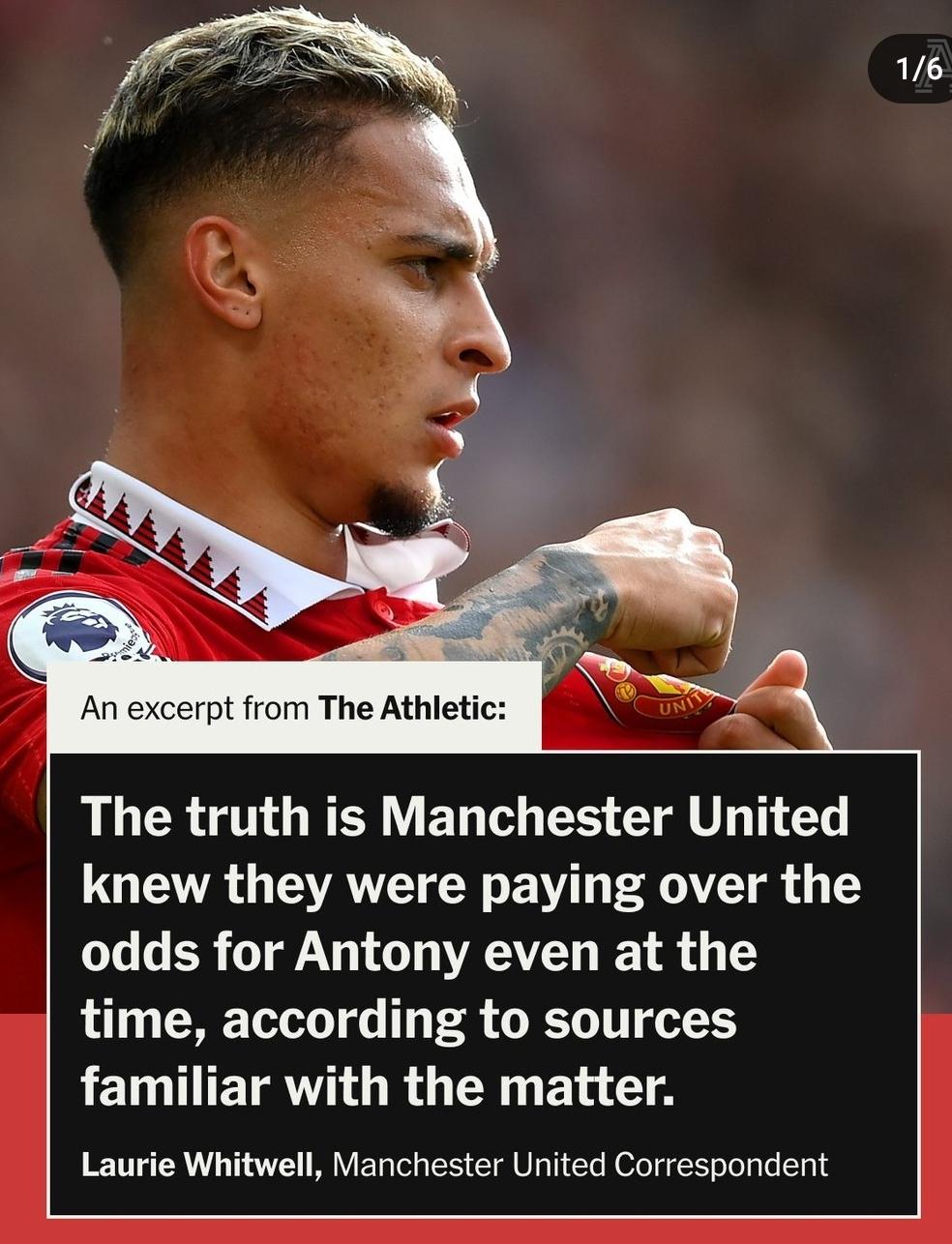The True Cost of Ambition: Understanding United’s Antony Transfer
Recent reporting from The Athletic has shed new light on Manchester United’s approach to one of their most significant recent transfers. The club’s decision-making process during this high-profile acquisition raises important questions about transfer market strategy and financial management in modern football.
Breaking Down the Transfer Decision
The reported £85 million transfer fee represented a significant investment for Manchester United. According to sources familiar with the negotiations, the club entered the discussions with full awareness that the final price would exceed market valuations. This strategic decision reflects the complex dynamics of modern transfer negotiations, especially when dealing with elite talent in a competitive market.
Market Context and Timing
Several factors contributed to the elevated transfer fee:
• Late-window timing creating additional pressure
• Ajax’s strong negotiating position
• United’s clear need for reinforcement in attacking positions
• The player’s existing relationship with Erik ten Hag
Financial Implications and Future Strategy
This transfer raises important questions about United’s broader recruitment strategy:
• Impact on future transfer budgets
• Setting precedents for future negotiations
• Balance between immediate needs and long-term financial planning
• Evaluation of return on investment in transfer market dealings
Looking Forward
The revelation about United’s awareness of the premium price point opens up broader discussions about the club’s transfer market approach. As the football landscape continues to evolve, finding the right balance between ambition and financial prudence remains crucial for sustainable success.
Conclusion
While the initial transfer fee may have exceeded market expectations, the true measure of this investment will ultimately be determined by on-field performance and long-term impact. As Manchester United continues to rebuild and strengthen, careful consideration of such high-profile transfers will remain crucial for future success.

